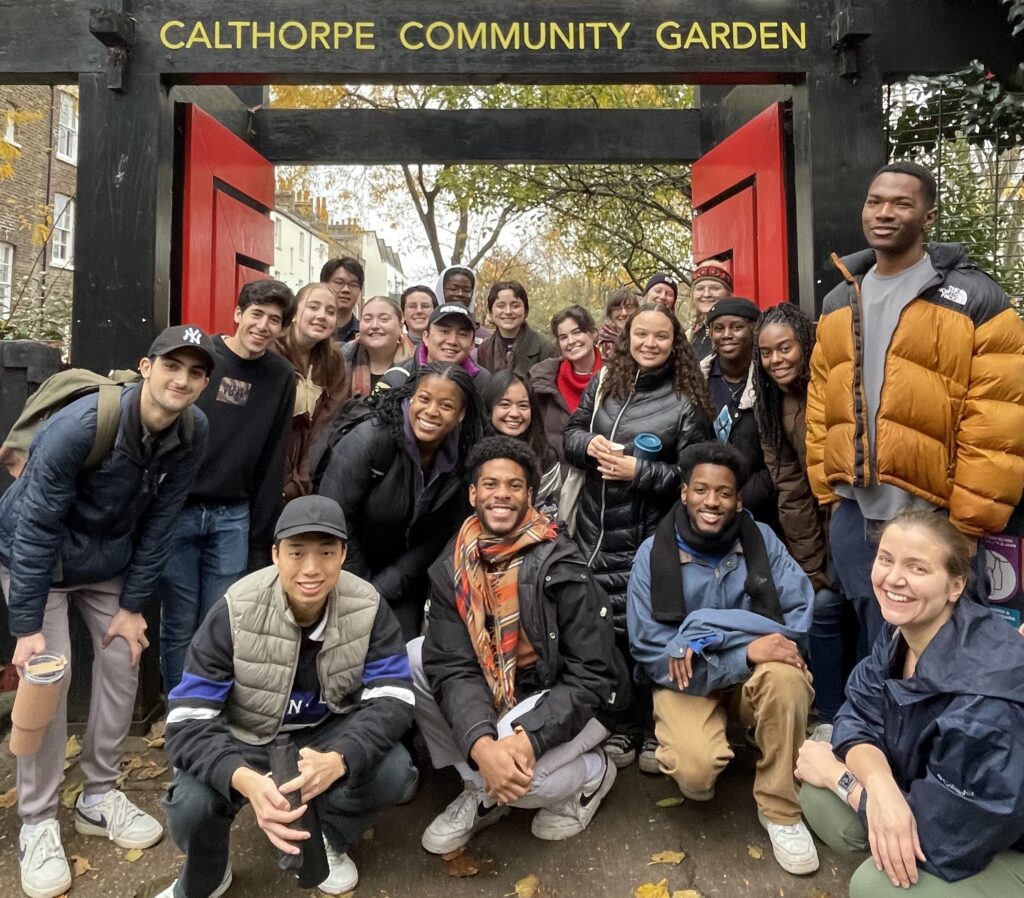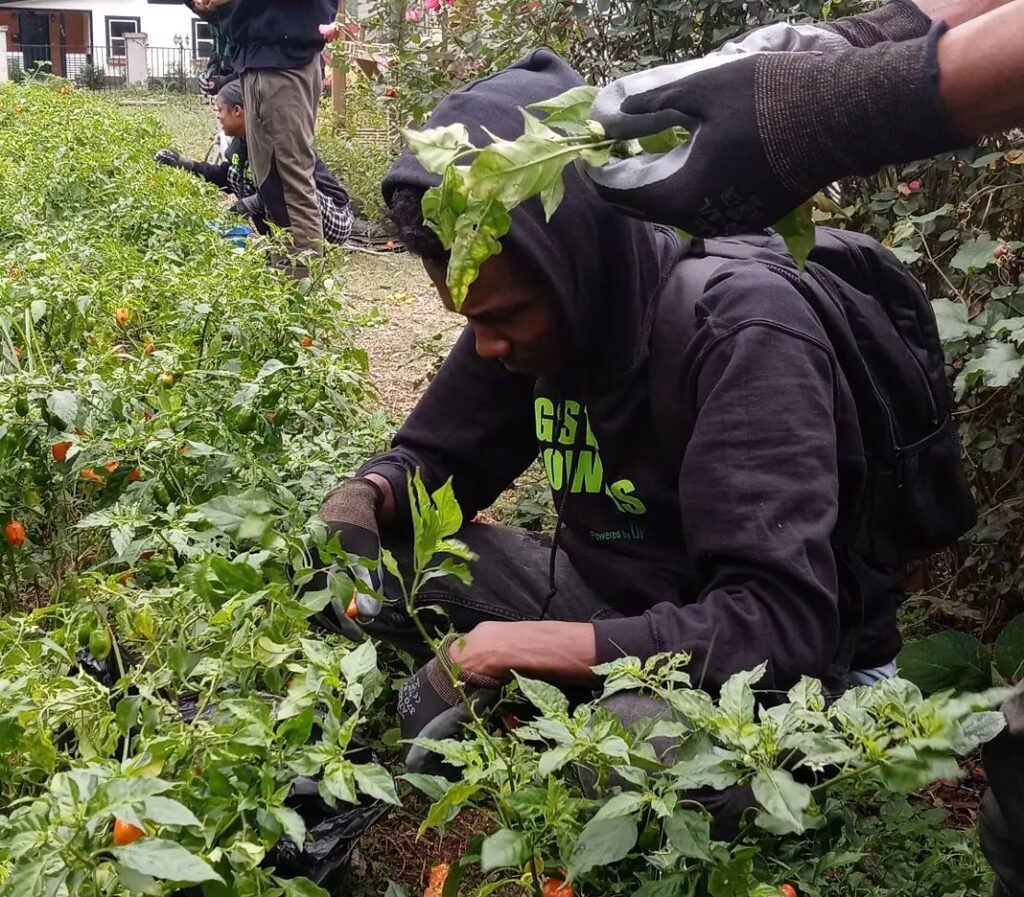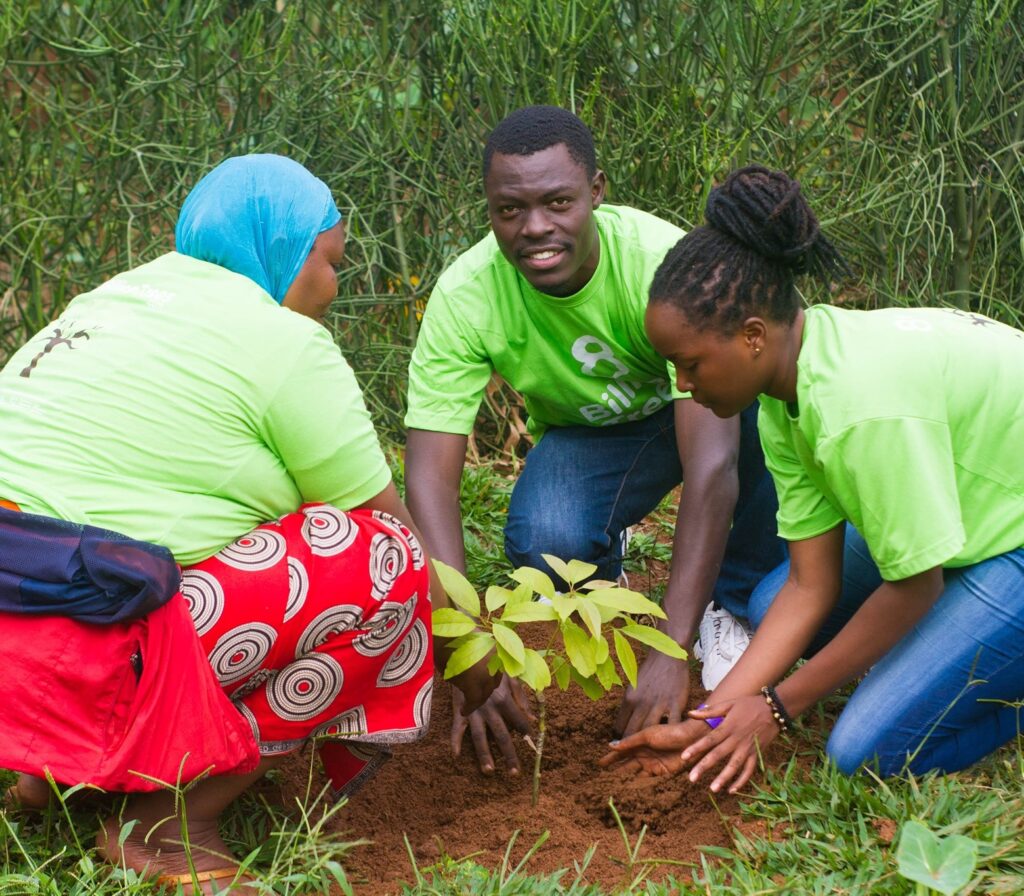ADDING MUD TO THE TURTLE’S BACK
“For us, the Land tells us the story.”
— Sikskaghee (Beverly Hungrywolf), Kainai Nation
“It is the Land that teaches us and provides for us.”
— Amy Desjarlais, Understanding the Land Acknowledgement
“Land is love, and land is reconciliation.”
Turtle Island, an Indigenous name for North America, comes from a First Nations creation story. After a huge flood caused by human hatred devastated the Earth, a small group of surviving animals found each other. Floating on a log, they came up with a plan: One of them must swim down and collect a bit of earth from the seabed, which they could use to create new Land. Many of the animals boasted they could do it, but were not able to get deep enough. Then Muskrat – small, unimposing, and often overlooked – dove to the seabed, and with the last of his breath, managed to bring back some mud. Turtle volunteered to bear the weight of the new Land, and Turtle Island was born.
“Adding mud to the Turtle’s back” is about “being the muskrat in a new creation story”, restoring our relationship with the Earth, creating environmental justice and valuing the Land. Below are a few organisations that Becca has been privileged to work with who are doing just that.

CALTHORPE GARDEN
In 1984, local organisers campaigned against a commercial development scheme in favour of a community-run green space near King’s Cross Station in central London. Today, the garden provides free plant beds for refugee populations, training programmes for people with learning disabilities, and sustainability education projects for students.

GANGSTAS TO GROWERS
The G2G model combats recidivism in Atlanta by employing at-risk and formerly incarcerated youth in agricultural traineeship programs. Mentors and mentees work together to develop job skills, invest in Black-run food systems, create spaces for healing, and disrupt cycles of poverty in their communities. Try their Sweet Sol hot sauce!

WE DO GREEN RWANDA
We Do Green is a Kigali-based youth-led movement fostering public participation in climate adaptation and biodiversity conservation. Through tree-planting projects, educational campaigns, and science-led policy advocacy, We Do Green supports post-genocide reconciliation, gender equity, and intergenerational justice.